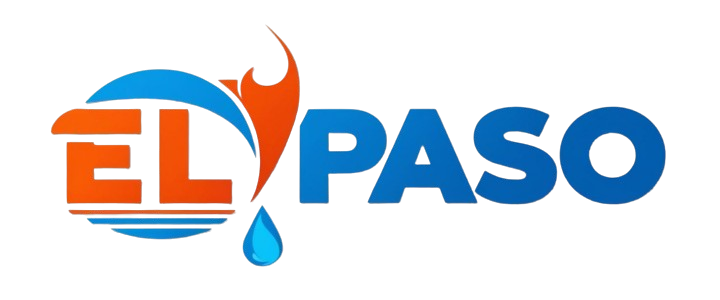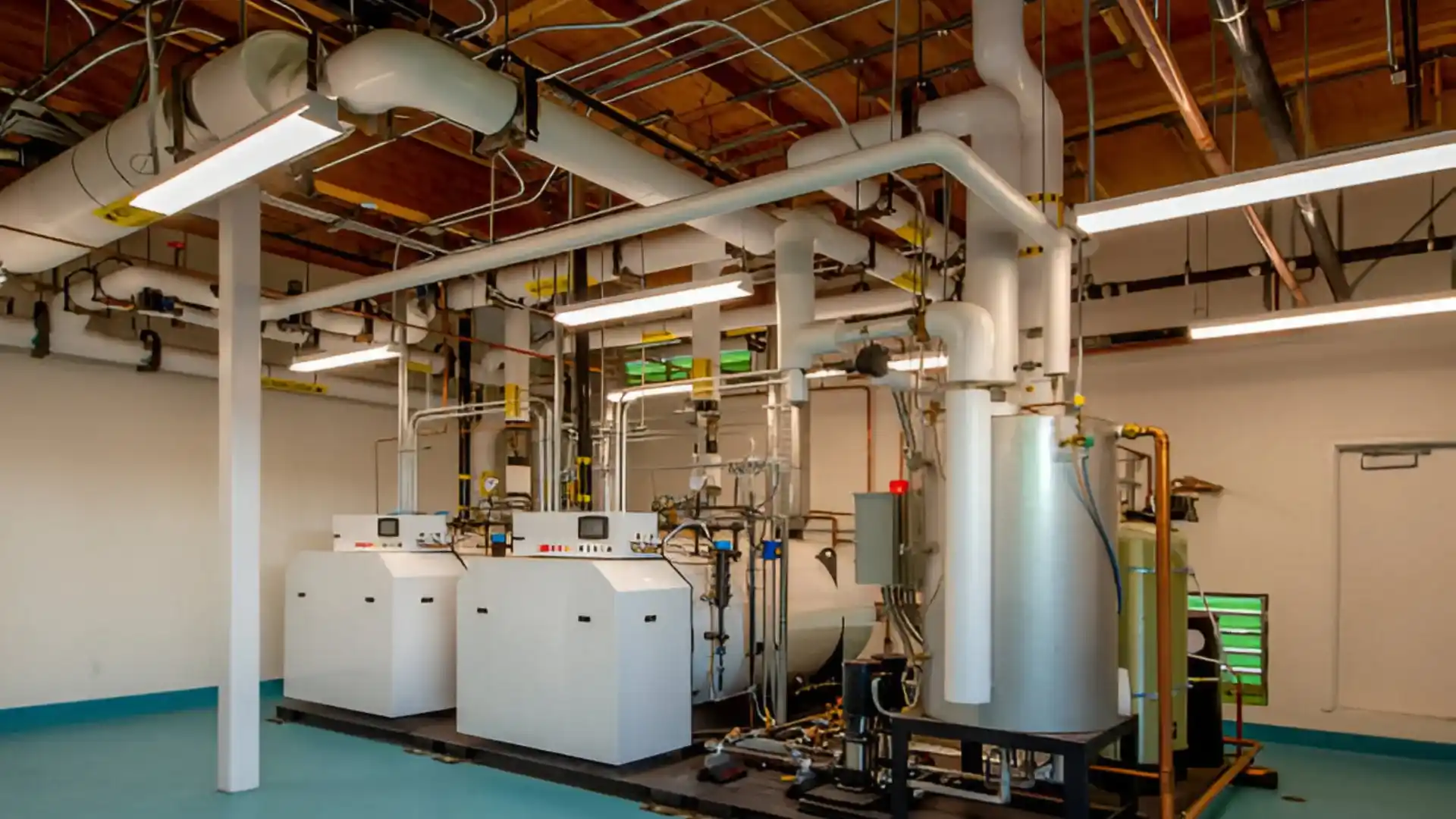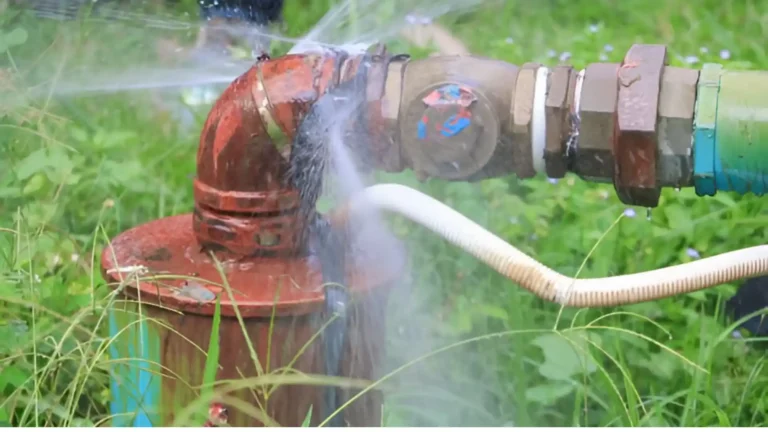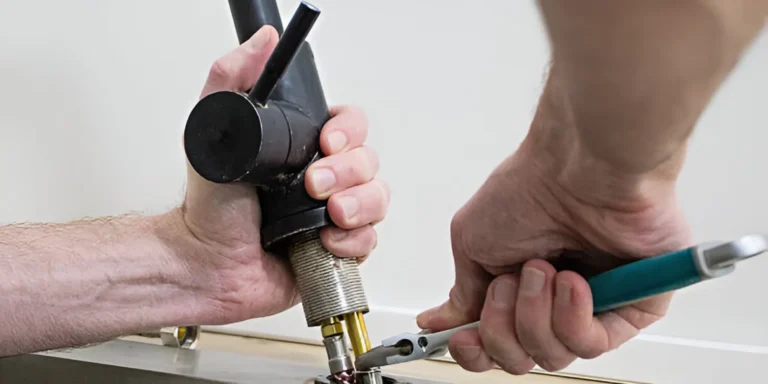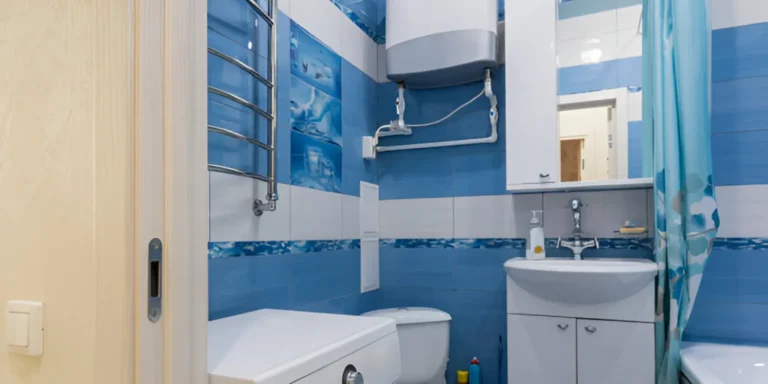How does a boiler work?, A boiler is a central component of many residential and commercial heating systems, providing both warmth and hot water with efficiency and reliability. Unlike furnaces that directly heat the air, boilers function by heating water within a closed system and distributing it through pipes, radiators, or underfloor heating networks. This method ensures consistent heat distribution and reduces energy loss. Boilers are valued for their durability and versatility, making them a preferred choice for many property owners. By understanding how boilers operate, homeowners and businesses can make informed decisions about maintenance, upgrades, and energy efficiency. In this article, we shall examine the different types of boilers, the fuels they use, and the various heating methods that keep homes and buildings comfortable.
Types of Boiler
Boilers are designed in several configurations to suit varying household and commercial needs. The three most common types are a combination of boilers, system boilers, and conventional boilers.
Combi Boilers
Combination boilers provide both central heating and hot water directly from a single compact unit. They eliminate the need for a storage tank, making them ideal for smaller homes with limited space.
System Boilers
System boilers utilize a separate hot water cylinder, enabling them to deliver a steady supply of hot water to multiple outlets simultaneously. This makes them suitable for medium to large households with higher water demand.
Conventional Boilers
Also known as regular or traditional boilers, these systems use both a tank and a hot water cylinder. They are well-suited for older properties or homes with existing traditional heating systems.
Fuels For Boilers Use
The efficiency and cost of a boiler largely depend on the fuel it consumes. The most common option is natural gas, which is economical and widely available. Oil-fired boilers are often used in areas without access to gas lines and remain a reliable heating solution. Electric boilers, while generally more expensive to operate, are compact, simple to install, and environmentally friendly. In some regions, boilers may also run on propane or solid fuels such as wood or coal. The choice of fuel is influenced by availability, budget, and the homeowner’s commitment to energy efficiency and sustainability.
Forms of Heating in Boilers
Boilers generate heat in two primary ways: hot water heating and steam heating. Hot water boilers heat and circulate water through radiators, baseboards, or underfloor systems, ensuring even and consistent warmth. Steam boilers, while less common today, produce steam that travels through pipes and radiators, providing powerful heating often found in older properties. Modern boilers increasingly incorporate condensing technology, which captures and reuses heat from exhaust gases, resulting in higher efficiency and reduced carbon emissions. This innovation makes them a preferred choice for property owners focused on cost savings and environmental responsibility.
Boiler Frequently Asked Questions
What is the main purpose of a boiler?
A boiler’s primary purpose is to provide heating and hot water. It heats water or produces steam, which is then distributed through radiators, pipes, or underfloor systems to keep a home or building warm.
How long does a boiler usually last?
With proper maintenance, most boilers last between 10 to 15 years. Regular servicing can extend their lifespan and ensure maximum efficiency.
What type of boiler is best for a small home?
A combination (combi) boiler is usually the best option for smaller homes. It provides both heating and hot water without the need for storage tanks, saving space and energy.
Are boilers energy efficient?
Modern condensing boilers are highly energy efficient. They recycle heat from exhaust gases, which reduces energy use and lowers utility bills compared to older boiler models.
What fuel type is most economical for boilers?
Natural gas is generally the most economical fuel option where available. Electric boilers are simpler to install but often have higher running costs, while oil and propane are common alternatives in areas without gas lines.
Do boilers require regular maintenance?
Yes. Annual maintenance is recommended to ensure safety, efficiency, and longevity. Servicing helps identify leaks, pressure issues, or worn-out components before they cause major problems.
